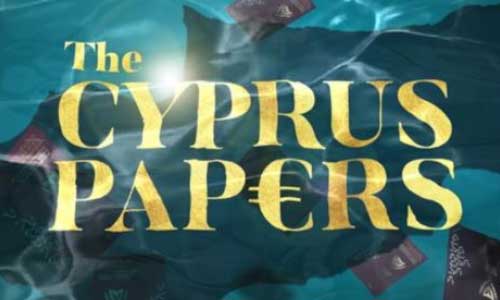NICOSIA - Convicted fraudsters, money launderers and political figures accused of corruption are among dozens of people from more than 70 countries who have bought so-called "golden passports" from Cyprus, according to a large cache of official documents obtained by Al Jazeera's Investigative Unit.
The Cyprus Papers is a leak of more than 1,400 passport applications approved by the government of the island nation between 2017 and 2019, and it raises serious questions about the Cyprus Investment Programme.
Passports from the Republic of Cyprus can be important for individuals from countries that have restricted access to Europe, as Cyprus is a member of the European Union (EU) and a passport offers its holder access to free travel, work and banking in all 27 member states.
In the coming days, Al Jazeera will reveal the identities of dozens of people who acquired Cypriot citizenship who, according to the country's own rules, in many cases should not have received a passport.
Security risk
To apply for a Cypriot passport, applicants must invest at least 2.15m euros ($2.5m) in the Cypriot economy, usually by buying real estate, and have a clean criminal record.
However, applicants provide their own proof of eligibility, and although Cyprus claimed to check applicants' backgrounds, the documents obtained by Al Jazeera prove that this did not always happen.
Since its inception in 2013, the programme has received repeated criticism from the EU, which has called for it to be closed down.
"It's high value for everyone who comes from a country where there's a lot of dirty money involved", German MEP Sven Giegold, a strong critic of the programme, told Al Jazeera.
"You open a bank account, a business relationship and less questions asked, no visa requirements, easier to get access to get everywhere to travel than if you are from Russia, China or even more doubtful countries."
Since 2013, when the passport programme started, the country has made more than 7 billion euros ($8bn), used to keep afloat the nation's failing economy. (Aljazeera)
,,,,,,,,,,,,,,,,,,,,,,,,,,,,,,,,,,,,,,,,,,,,,,,,,,,,,,,,,,,,,,,,,,,,,,
Home » World » Exclusive: Cyprus Sold Passports to Criminals and Fugitives
Exclusive: Cyprus Sold Passports to Criminals and Fugitives

